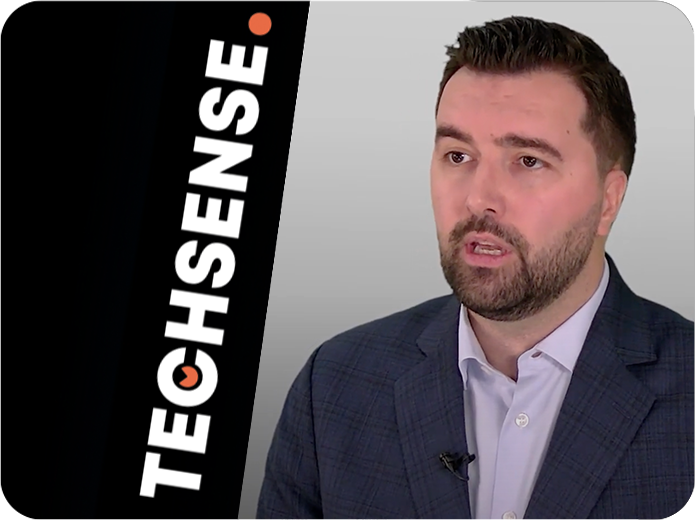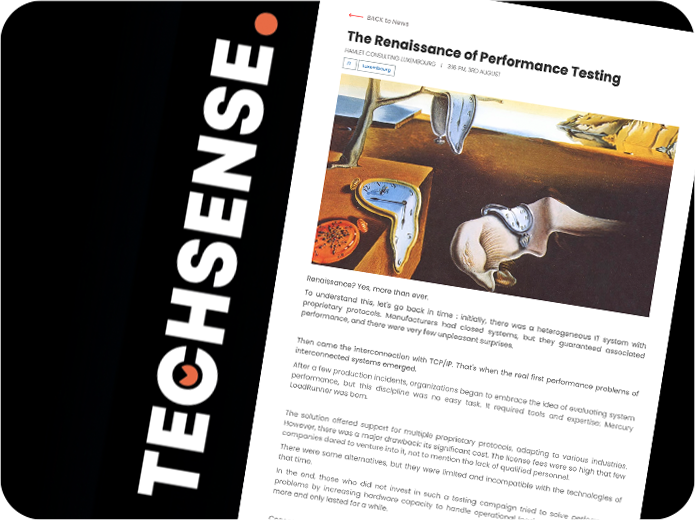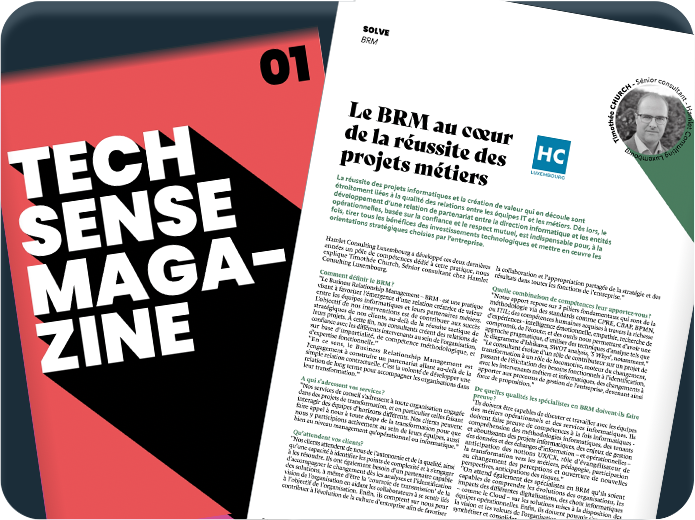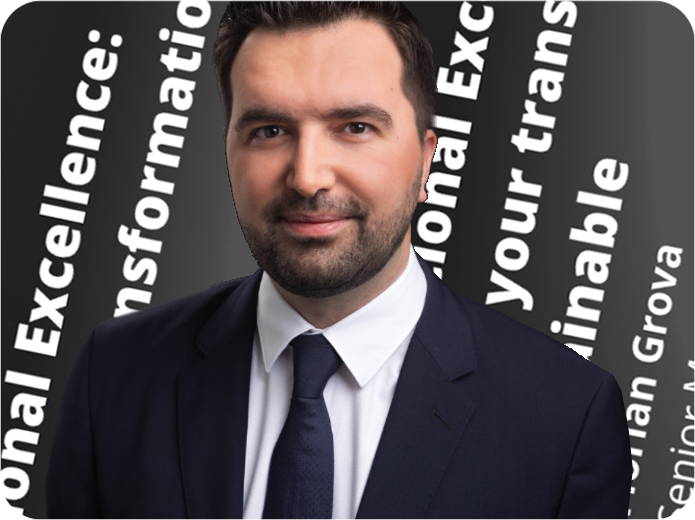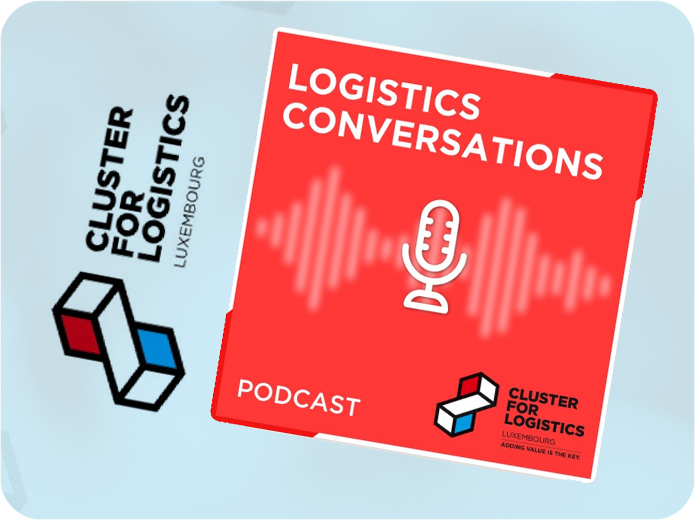Operational Excellence: Make Your Transformation sustainable
by Florian Grova
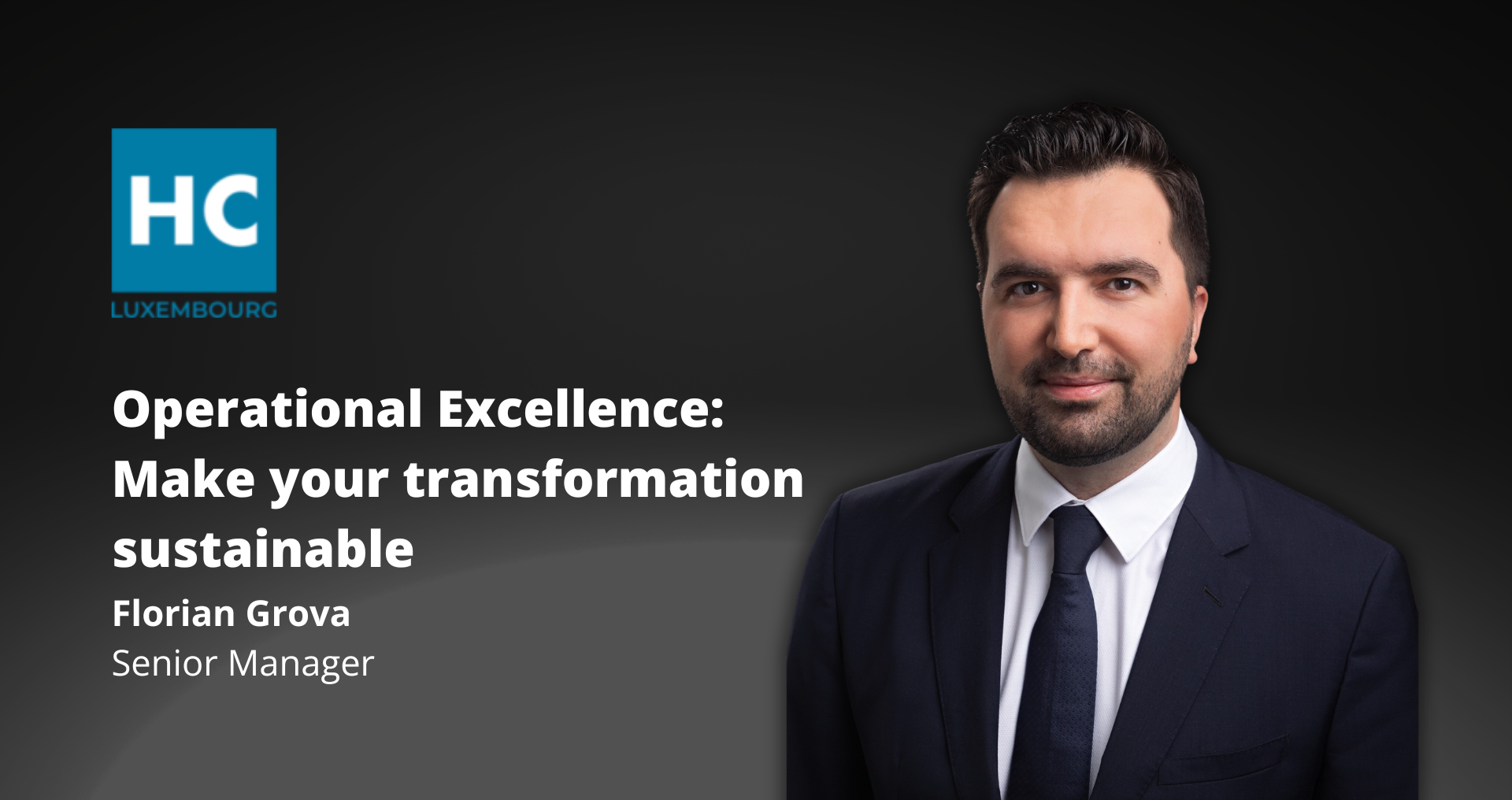
Technology is entering in a new era. After a decade of digitalisation, many organisations have increased the complexity of their practices. With the massive change driven by AI, a new paradigm using more robots and automation has taken shape, which requires industrialising processes. Indeed, the tech world has built his own methodologies such as agile or waterfall, but all are using industrialisation principles learned in manufacturing during the third industrial revolution. Scaling up has been key in the manufacturing industry where Lean management, Kaizen or Scorecard have given a new dimension to how to make a strategy live using Operational Excellence principles.
Operational Excellence develops the strategy into a concrete action plan. Moving from one to the other leads the transformation journey. There are many aspects that need to be considered to make this path successful and sustainable, but three key success factors require special attention:
Measure. A good start implies knowing the existing situation and where to go. Defining key indicators before starting and measuring their progress all along the journey is mandatory. Using the “KPI trinity” – Cost, Quality and Time – is part of the basics, but using a mood board to ensure having everybody on board brings a new perspective and contributes to the sustainability of the transformation journey. This way, each measure offers an opportunity for improvement and any improvement marks a further step forward in your journey.
Plan. Build your transformation plan step by step and define intermediary milestones. As the saying goes: “there is only one way to eat an elephant: a bite at a time”. This will guarantee your transformation’s progress, help you manage uncertainty and increase staff empowerment.
Communicate. All along the journey, management and staff must be connected together; for instance, by giving access, maintaining, and transporting the information to the target audience. Then a repeating mechanism will support the message, which requires active listening. But this is not enough: answering questions and providing space for opinion sharing in order to empower stakeholders are part of the process as well.
Each transformation is unique and, like a puzzle, requires combining different pieces before enabling the view of final picture, a picture slightly different from the one initially imagined. Unavoidable gaps happen between the first idea and the result, due to the natural flow of improvements, trade-offs and failures. They contribute to achieve the organisational changing goals. Moreover, understand needs and motivation of people part of your team is essential to make the transformation sustainable.
by Florian GROVA, Senior Manager
Insights from our experts
Your project will be handled exclusively by highly skilled international experts with impressive experience and knowledge. You can rest assured that you are in good hands.


